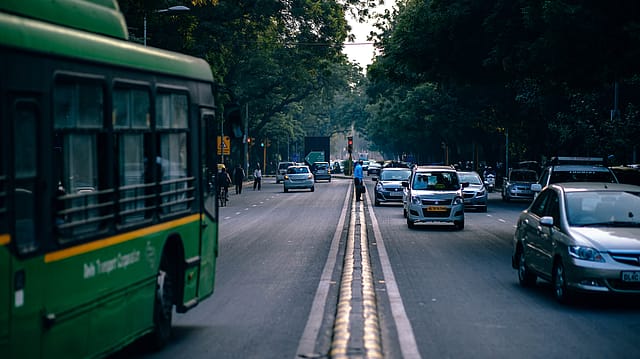77% of women not satisfied with last mile connectivity: Ola
ADVERTISEMENT

In a country where some women still find it hard to convince their families to allow them to go out of the house for work, a new report revealed that 77% of women feel that last mile connectivity in India needs to be improved.
The report by Ola Mobility Institute (OMI), the ride hailing platform’s policy and social innovation think-tank, also suggests that only 9% of the women surveyed felt safe in public transport, but still used it owing to a lack of any other option.
“Mobility, and the experience of getting around, are critical to the daily life of women across India. We look forward to continuing to share our aggregate and local insights to make public transport systems proactively inclusive,” Anand Shah, senior vice president and head, OMI, said.
OMI surveyed 9,935 women across 11 Indian cities to assess the current state of mobility ecosystem in the country. The study, which studied public transport usage patterns in India and the expectations of women from the country’s urban mobility space, also said that women are willing to use public transport because of affordability, coverage, frequency, safety and comfort.
“Women’s reasons for using public transport were affordability (40%), convenience (26%), time saved (18%) with 15% stating that they had no other option,” the report said.
Nearly 59% of the total women surveyed admitted to using public transport in India. Out of the public transport users, 38% were bus users, 35% metro/ train users and 40-45% were rickshaw, on-demand taxi and other shared mode users. Public transport was also the preferred mode of transport for half the women earning less than ₹15,000 per month. It shifted to the least preferred mode (2%) for those earning more than ₹1,00,000 per month.
According to the report, 89% of women felt that the public transport information system could be better designed so that information is easily available and accessible to them.
Women also expressed the need for improvement of street lighting and patrolling in secluded areas in the night, wide, shaded, universally accessible footpaths and safer road crossings along with supporting amenities such as public toilets.
"Singular responses and “smart” solutions which focus primarily on increasing surveillance do not address how women combine work and care-related trips and the increased costs resulting from these, their lack of access to bicycles and safer cycling environments, discomfort and daily harassment on streets and crowded public transport," the survey says.
“Urban transport planning cannot change societal mindsets . Let it not become a barrier but an enabler for women to participate in the workforce and to live a fuller life.”